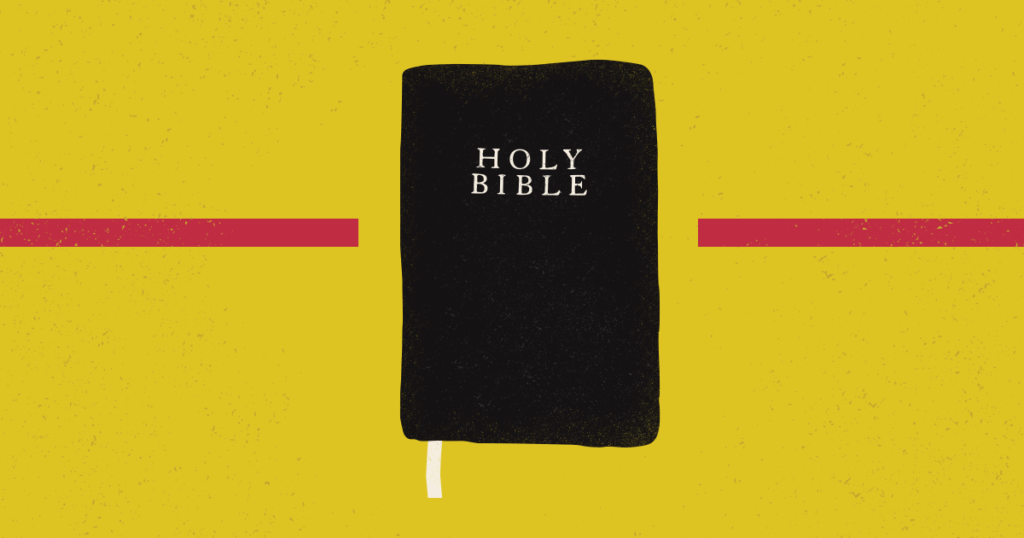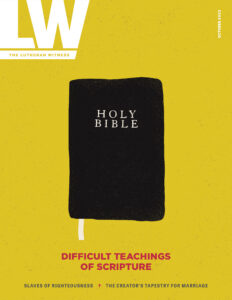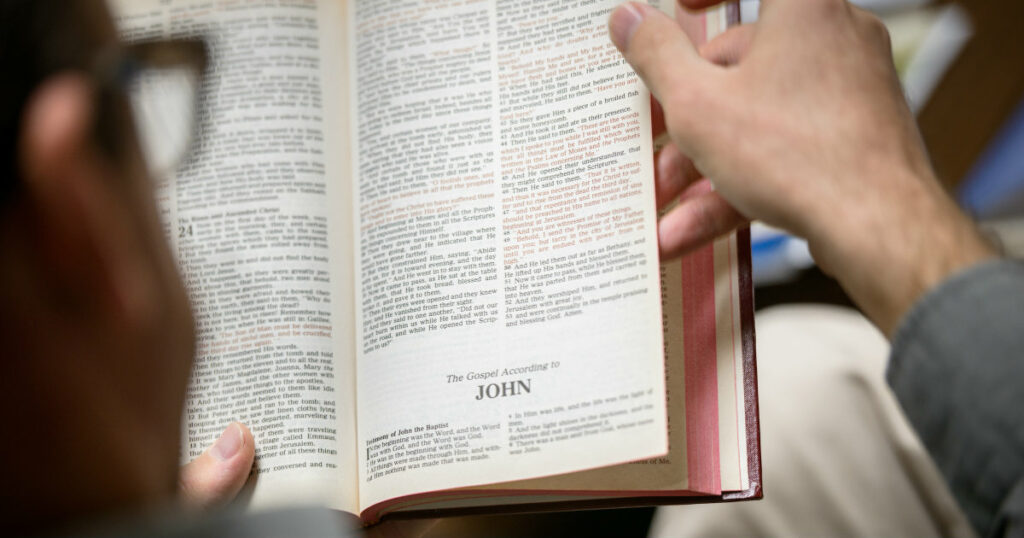Jesus says some shocking things. In Luke 14, He tells the disciples, “If anyone comes to me and does not hate his own father and mother and wife and children and brothers and sisters, yes, and even his own life, he cannot be my disciple” (Luke 14:26). How are we to understand Jesus’ teaching in this Scripture passage?
In the Book of Judges, God directs the Israelites to devote to destruction everything in Jericho except Rahab and her family. Many modern critics of Scripture view such commands of God as inappropriate at best, unloving at worst. How could a God of love require the complete and total destruction of the inhabitants of Canaan?
This issue of The Lutheran Witness takes up these and other topics such as polygamy, slavery, free will, and Law and Gospel. We take these up because they are difficult teachings of Scripture, teachings that perhaps Christians feel a bit ashamed about or find difficult to understand.
We find these teachings difficult for a number of reasons. In part, they do not fit the cultural understandings with which we have grown up. Our world has certain notions of fairness or love that do not fit what Scripture teaches. To understand these difficult teachings of Scripture, we need to learn God’s definitions and use His terms.
Our sinful flesh also does not want us to fully understand these difficult teachings. The sinful flesh wants to blame someone else for its problems, and if it can blame God — see Adam and Eve in the Garden of Eden (Gen. 3) — then it will do so. Many times, our sinful flesh uses these difficult teachings to blame God for its problems.
Finally, the devil does not want us to understand God’s Word either. If he can, he will call into question God’s teaching, tempting you with the words he put before Adam and Eve: “Did God actually say …?” (Gen. 3:1).
The only remedy to such temptations of the world, our sinful flesh and our wicked foe is to be in the Word. Hear it on Sunday morning in the Divine Service. Receive it in your mouth, in bread and wine. Remember how you were washed with the Word and water. And study it. Make it part of your daily life and routine. For only in that Word do you have and receive life.
This issue of LW is a twin to the August 2022 issue. That issue addressed the seeming contradictions of Scripture. Both issues together grow from two pamphlets written by William Arndt (1880–1957) that Concordia Publishing House (CPH) has helpfully bound as a single volume, Bible Difficulties and Seeming Contradictions. You can purchase it in print or digital format from CPH’s website (cph.org).
In the Word,
Roy S. Askins
Managing Editor, The Lutheran Witness







